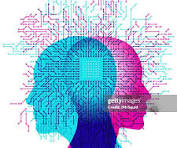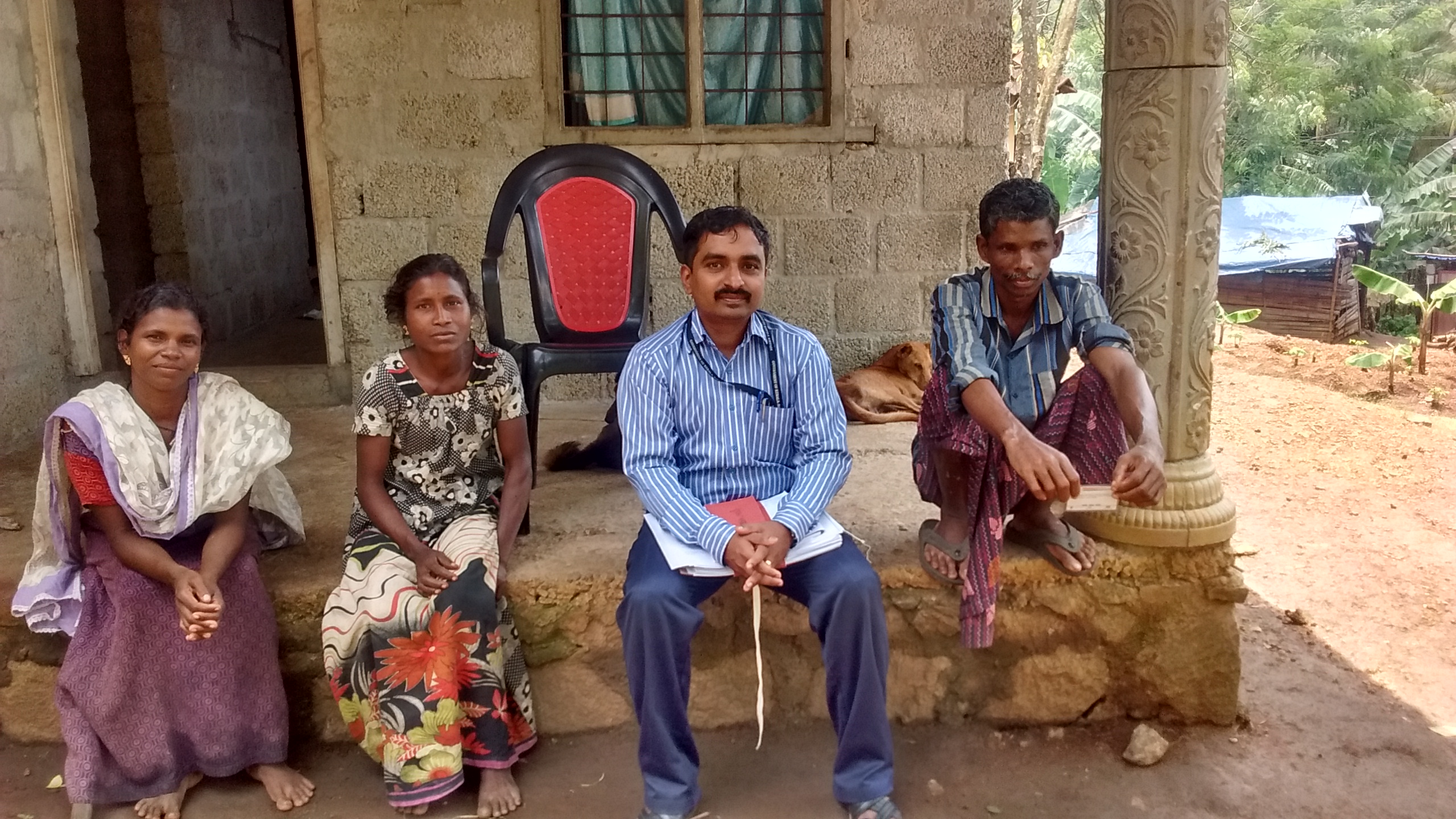
2025 Field Linguistics and Language Documentation
This course will provide the field linguistics and language documentation techniques in detail.

CLINICAL LINGUISTICS 2024
This course will extend the knowledge of clinical linguistics to various research fields like
neuolinguistics, psycholinguistics and other related area.

GRAMMATICAL STRUCTURE OF MALAYALAM
Traditional and Developmental History of Malayalam Language

FIELD LINGUISTICS AND LANGUAGE DOCUMENTATION- 2024
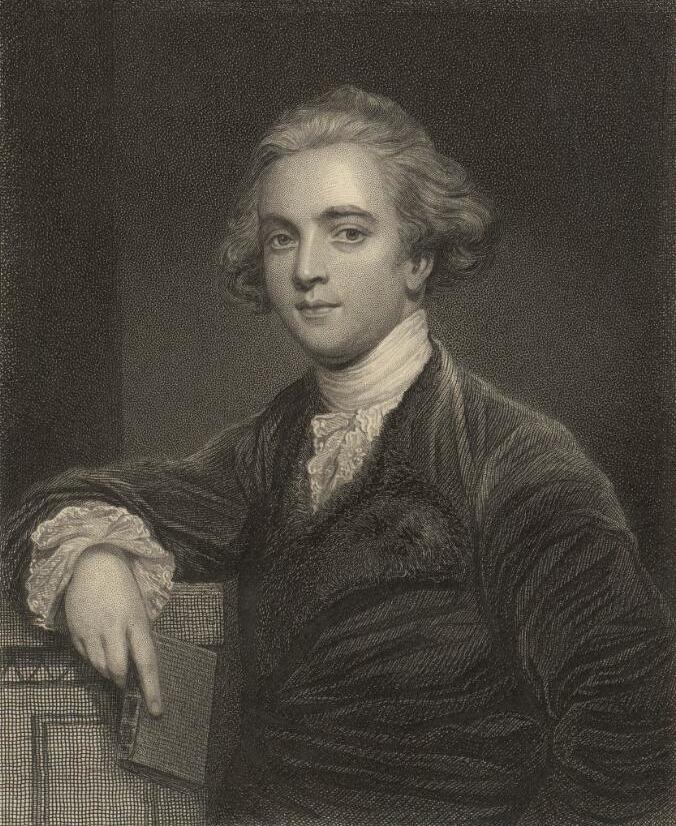
HISTORICAL LINGUISTICS 2023
Course Outcomes:
CO1: Discuss the growth and development of 19th century historical and comparative
linguistics
CO2: Explain the different approaches to the study of language
CO3: Identify different types of sound change occurring in the languages of the world
CO4: Discuss about the phonetic laws proposed by different scholars
CO5: Explain the process of reconstruction, internal reconstruction and comparative method.
CO6: Distinguish between the lexicalization and grammaticalization process of sound
change
CREDIT 4
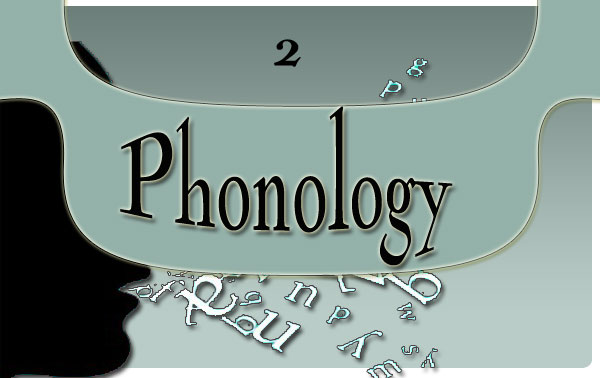
PHONOLOGY 2023
Course Outcomes:
CO1: Introduces the basics of phonological theory relation between Phonetics and
Phonology, classification of sounds, the phonemic principles distinctive features, rule
writing, and the construct ‘syllable’.
CO2: Gives an opportunity to analyse and find out a phonological system for a language.
CO3: How are languages organized as sound systems and how do these features
transfer over to writing systems?
CO4: Provides preliminary and analytical procedures in phonemic analysis.
CO5: Apply the phonemic principles distinctive features, presented along with a brief
introduction of IPA.
CO6: Analytical problems to be worked out which gives a practice to analyse a language and
reduce to writing.

LANGUAGE AND COMMUNICATION 2022
This course Discusses how we perceive and express ideas and the way to establish effective
communication.

CLINICAL LINGUISTICS 2023
This course will extend the knowledge of clinical linguistics to various research fields likeneurolinguistics, psycholinguistics and other related area. It will Differentiate various communication disorders as speech and language disorders. This course will explain linguistics's role in managing clients with speech and language impairments.

LIN–CC-541 COMPARATIVE DRAVIDIAN
Course Outcomes:
CO1: Speak about the Dravidian languages and their structural similarities and differences.
CO2: Compare the phonological, morphological, and syntactical structures of Dravidian languages and reconstruct the earlier stages.
CO3: Identify new structural correspondence of Dravidian languages and explain.
CO4: Observe and explain the changes in Dravidian languages.
CO5: Use the descriptive data of Dravidian languages to update the comparative reconstruction.
CO6: Reconstruct the proto form of genetically related language

Field Linguistics and Language Documentation
This course explains how to plan, prepare, and conduct any type of linguistic fieldwork in any language community, Develop questionnaires for linguistic fieldwork according to the kind of fieldwork. Identify language consultants and elicit linguistic data, Identify the vitality of the language and document the endangered languages and Make use of advanced technologies and international standards to elicit
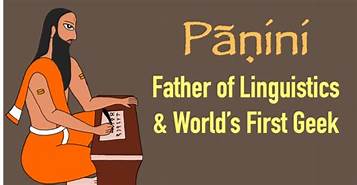
HISTORICAL LINGUISTICS
This course explains the different approaches to the study of language. It discusses the growth and development of 19th century historical and comparative linguistics. This course Identifies different types of sound change occurring in the languages of the world and discusses the phonetic laws proposed by different scholars. Also, this course explains the process of reconstruction, internal reconstruction, the comparative method. Distinguish between the lexicalization and grammaticalization process of sound change.

LIN-CC-531 GENERATIVE SYNTAX
The main tenet of Transformational Grammar is considering languages as generative devices, namely a system of rules capable of generating the sentences
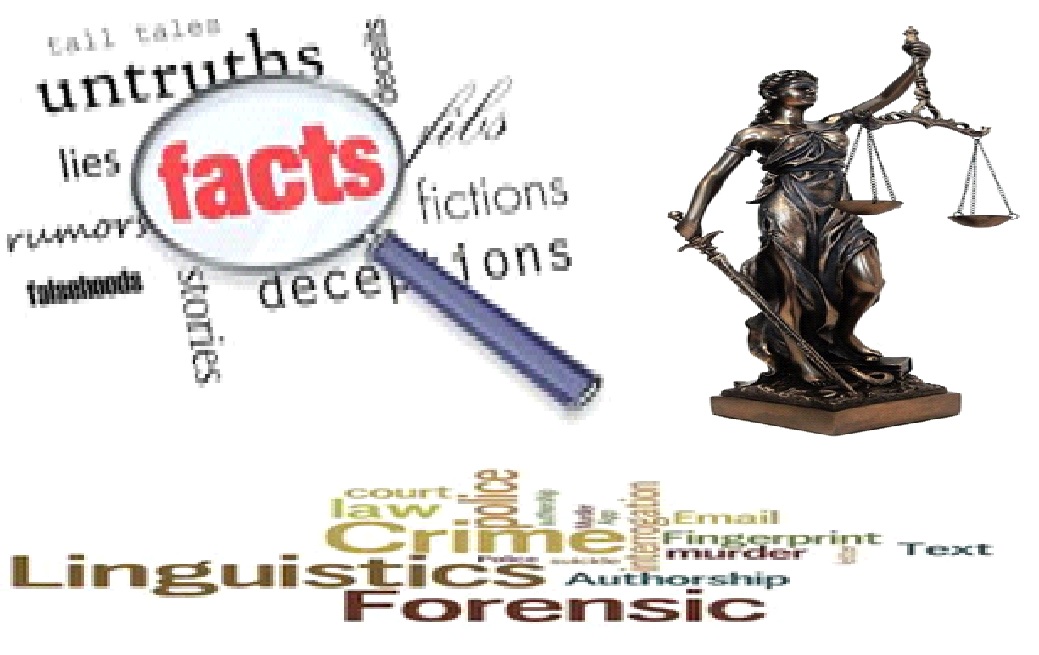
LIN–DE-535 FORENSIC LINGUISTICS
This is a three-credit internal elective course mainly offering to the third
semester M.A. Linguistics students. This is an applied branch of Linguistics. Use
linguistics to investigate the truth and deliver justice is the philosophy of
Forensic Linguistics (henceforth FoLi).
Language can hide and reveals the truth. Language is evidence of truth.
Therefore, the truth potential of language can be used for criminal and civil
investigation, justice and rule of law. FoLi is the use of linguistics for
crime investigation, court trial and other judicial procedures. FoLi covers the
language of law, and language in investigation and language of trail and the
issues of interpretation of judgment and law
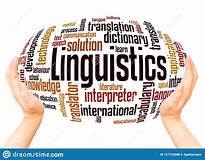
LANGUAGE AND COMMUNICATION
This course will provide the theoretical notion of linguistics and communication studies.

INTRODUCTION TO LINGUISTICS
This course will give the basics and key concepts regarding Linguistics. This course explains the difference between Language and Linguistics, Ancient linguistics traditions, Levels of linguistic analysis, Human and Animal communication, Basics regarding language in cognition, Sapir Whorf Hypothesis, Saussurean dichotomies, Language families, basics regarding sociolinguistics, Grammar, etc.
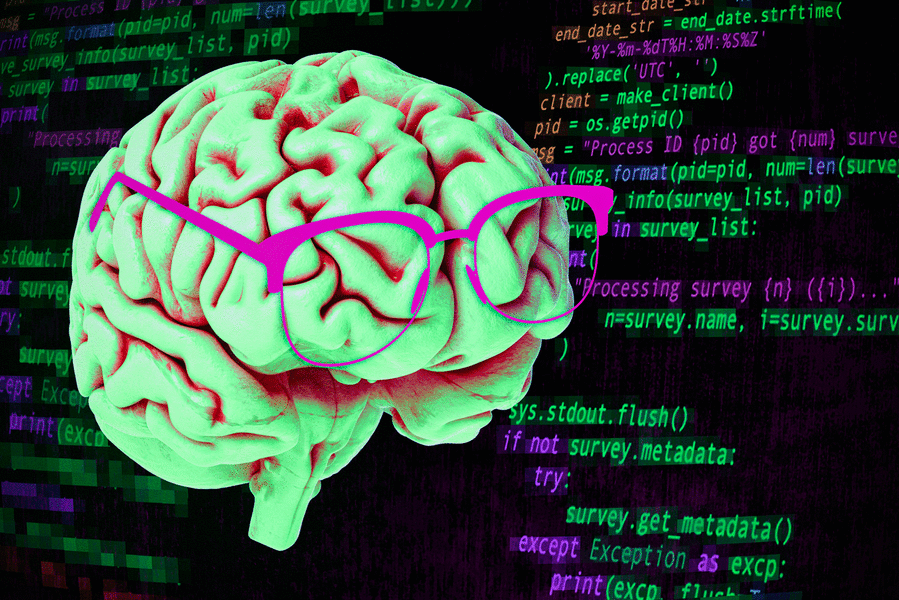
CLINICAL LINGUISTICS
This course will give an overview idea of the clinical aspects of Linguistics studies. This course will expand the knowledge of clinical linguistics to various research fields like Neurolinguistics, Psycholinguistics, and other related areas.
